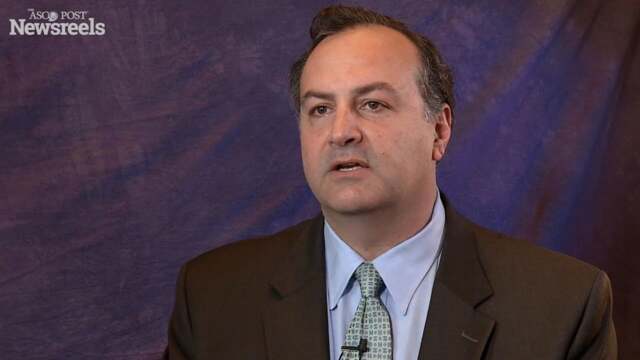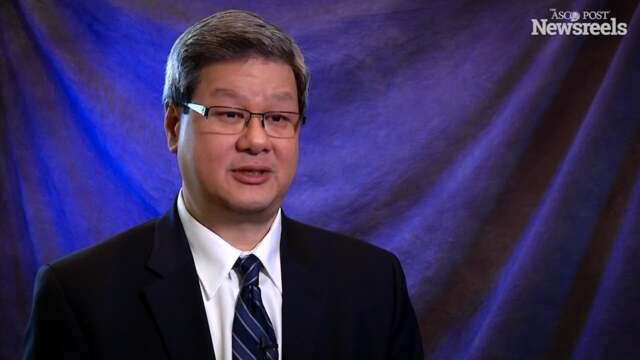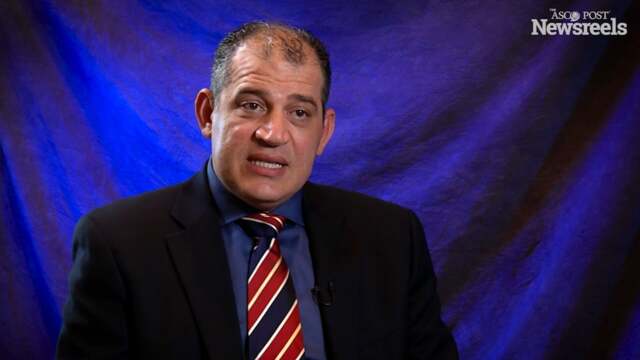Judith Paice, PhD, RN, on Managing Cancer Pain: Strategies for Prescribing Opioids
2016 NCCN Annual Conference (1)
Judith Paice, PhD, RN, of the Robert H. Lurie Comprehensive Cancer Center of Northwestern University, discusses strategies for safe opioid prescribing: making a comprehensive assessment, stratifying risk, using universal precautions, and educating practitioners on safe storage and disposal.
Nadeem Abu-Rustum, MD, of Memorial Sloan Kettering Cancer Center, discusses improvements in fertility-sparing surgery for young women, advances in lymph node assessment, and the evolving role of chemotherapy and radiation.
Wui-Jin Koh, MD, of the Fred Hutchinson Cancer Research Center, discusses the multiple services required to best treat this rare cancer.
Rogerio Lilenbaum, MD, of Yale Cancer Center/Smilow Cancer Hospital, discusses the importance of tumor profiling for non–small cell lung cancer and strategies for treating EGFR-positive disease in the first-line setting.
Mahmoud Al-Hawary, MD, of the University of Michigan Comprehensive Cancer Center, discusses the role of radiology in diagnosing and staging pancreatic tumors, optimizing imaging techniques, and the value of structured reporting.
Douglas E. Wood, MD, of the University of Washington, discusses important new developments in early detection, the need to educate primary care physicians and patients, and the potential to save up to 15,000 lives each year.





